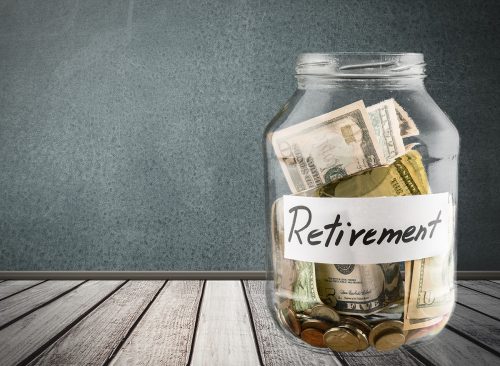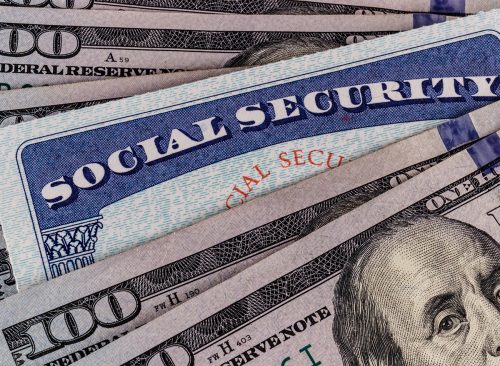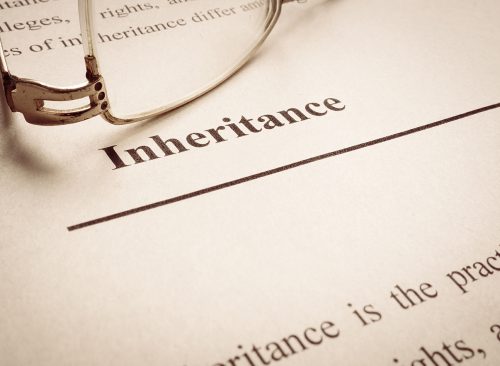10 Distressing Truths for Millennials as Baby Boomers Are Aging
Many boomers and their children have had some rude awakenings.

You wrap up your working life, kick off your shoes, and look forward to Social Security payments, Medicare coverage, and a comfortable retirement. That’s the time-honored summary for Act III of American life, but it’s becoming as much a fantasy as Avatar. The reason: Americans are living longer, and many of them haven’t planned for decades of retirement or the high expenses that come with aging. As a result, many boomers and their children have had some rude awakenings about the true cost of getting older. These are key distressing truths millennials may discover as baby boomers age.

Do you think your parents are well-prepared for retirement? They probably don’t. A recent Axios-Iposos poll found that two-thirds of Americans age 55 and older plan to delay their retirement, and 70% say they believe they won’t be able to afford to retire at all. According to a recent Census Bureau report, almost 42% of boomers have no retirement savings whatsoever.

Baby boomers, the generation born between 1946 and 1964 are living longer. Life expectancy increased from 68 years in 1950 to about 76 years in 2021. With that increase in lifespan comes an increase in conditions associated with aging, such as Alzheimer’s disease, which can come with high healthcare costs.

“Medicare doesn’t cover most long-term care, and seniors only become eligible for care through Medicaid when they have almost no assets left,” reports Vox.

“Paying for professional care out of pocket can be ruinously expensive — the median annual cost of a full-time home health aide was nearly $60,000 in 2021, while a semi-private room in a nursing home ran $94,000 per year or more. Those costs are out of reach for most boomers.”

About 25 percent of people in their 40s are “sandwiched”—they have at least one child and one parent over age 65 that needs care. “We didn’t know we’re gonna be caring for everybody in our 30s and 40s,” Andrea Catlett, 45, who cares for and lives with her legally blind mother, told Vox. “You think that this is going to be the time where I can start doing stuff, but you are not going to be doing stuff. You’re going to be caregiving, and it can be isolating and lonely and a lot of work.”

Baby boomers generally had smaller families. The result: The number of family members available to care for aging relatives is shrinking. In 2010, there were more than seven potential family caregivers for every person over 80. By 2030, that ratio is expected to fall to 4:1, and by 2050, it will be less than 3:1, according to AARP.

“In the past, most retirees carried very little debt. But that is changing,” Barrons reported in February 2023. In 2019, more than half of families headed by someone 75 or older had debt, compared with less than a third in 1992. Mortgages accounted for about 30% of retiree debt, but credit card debt has also risen among boomers.

If Boomers have to draw down their savings or assets to pay their healthcare and housing bills, successive generations may find themselves with little or nothing to inherit.

If millions of Baby Boomers decide to downsize and sell their homes at once, the ensuing glut of supply could depress housing prices—bad news for people in younger generations who bought at the market’s height and need to sell because of a growing family or job change.
RELATED: Surprising Signs You’ve Already Had COVID

According to the Washington Post, Social Security won’t be able to make full retirement payments starting in 2033, unless Congress passes legislation to update the program, which hasn’t been done in 40 years. To keep the program fully funded, lawmakers must either reduce benefit payments, increase the retirement age, or raise taxes.














